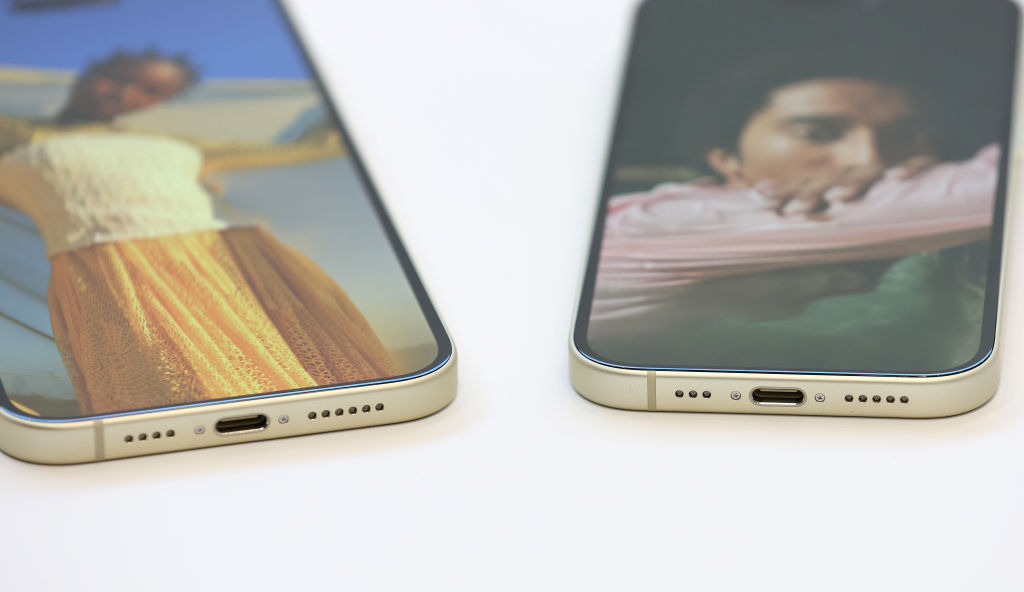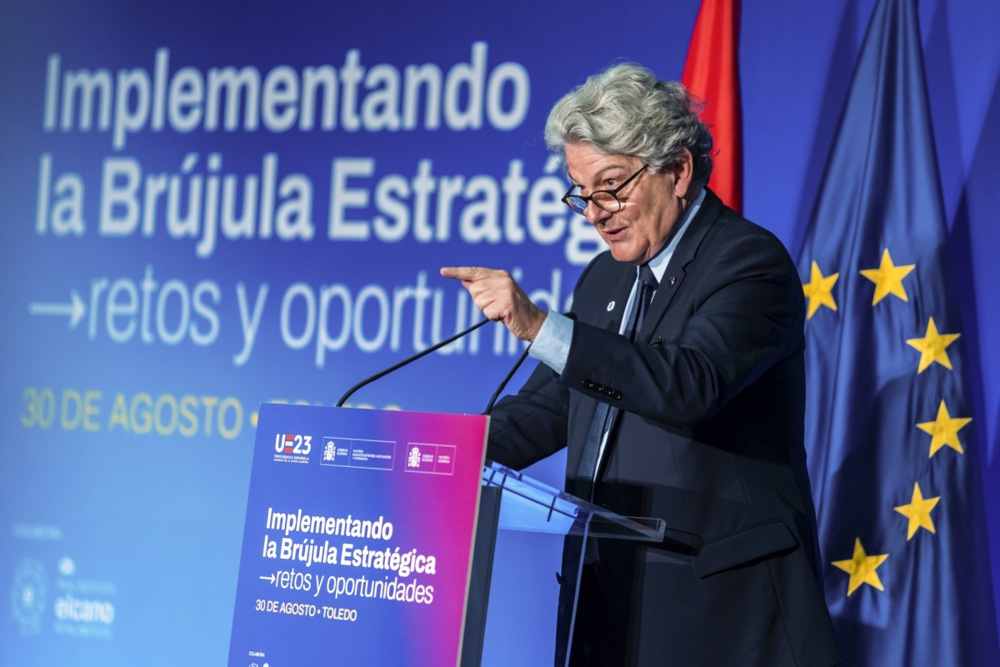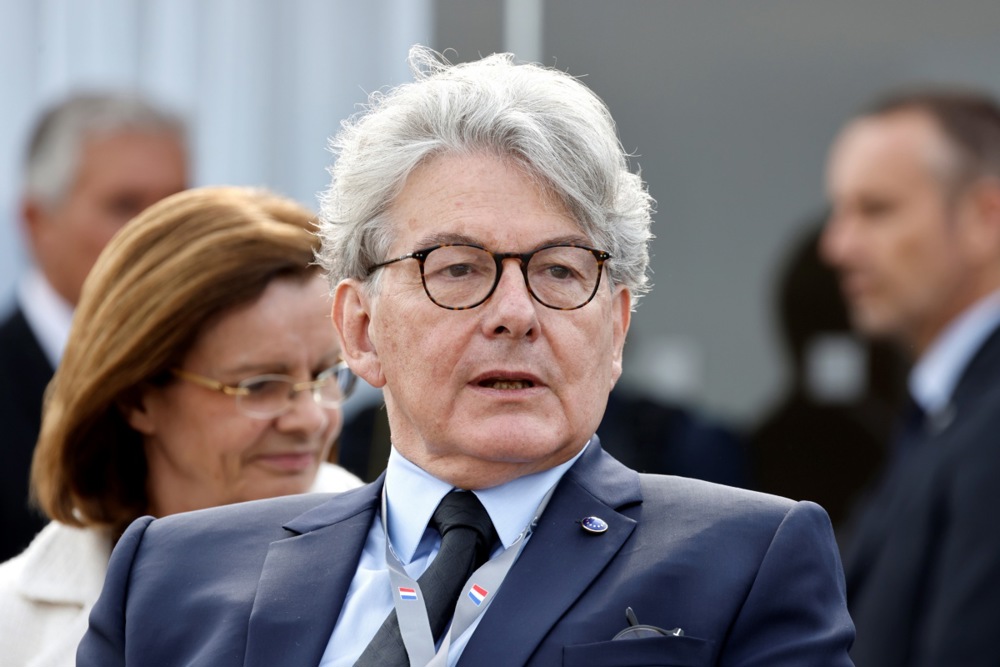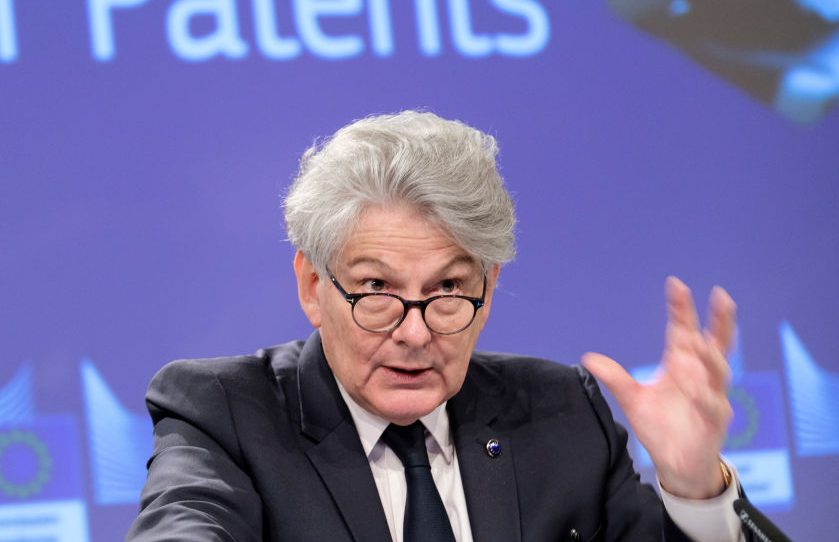A sales ban on the iPhone 12 in France could end up applying to the whole of the European Union, a representative of the European Commission has said.
Speaking during a press briefing on September 14, internal market spokeswoman Sonya Gospodinova said the smartphone – made by Californian tech giant Apple – is alleged by France to have broken EU-wide electromagnetic radiation rules, prompting the ban.
According to Gospodinova, the French ban means that other EU Member States will have three months to object to the country’s findings, with a bloc-wide ban being a possible result if none are raised.
“The French authorities notified the Commission and other Member States about the measures they have taken to restrict sales of the iPhone 12 in France,” she said.
“This notification was carried out on the basis of an obligation laid down in the directive on radio equipment devices, and that applies across the Single Market.
“For the time being, Member States have a period of three months to examine these restrictions and to object to these restrictions, or not,” Gospodinova added.
Apple insists the iPhone 12 model was certified by multiple international bodies as compliant with global radiation standards despite a French watchdog ordering the company to stop selling the handset. https://t.co/W7IYckIVti
— Brussels Signal (@brusselssignal) September 13, 2023
The spokesman stated that the EC did not plan to take any action until it received responses from Member States but confirmed that an absence of any objections from the rest of the bloc could end up seeing the iPhone 12 barred from sale across Europe.
Member States have already been reacting to the French ban, with Belgium, Germany, Portugal, Italy and the Netherlands having all confirmed that they are actively looking into the matter.
Unfortunately for Apple, none of these countries, as of writing, have yet to come to the company’s defence, with Germany’s regulator publicly stating that the French investigation could kick off a swathe of similar actions across Europe.
“The procedure in France has a guiding function for Europe as a whole,” the German Federal Network Agency said.
Apple has remained insistent that its smartphone meets all regulation standards set by the EU, emphasising that its electromagnetic emissions had been tested by multiple recognised international bodies and found to be within specifications required.
As of now, even if the sales ban on the device remains in place, it appears unlikely it will damage Apple’s bottom line. The company has stopped shipping the phone in favour of newer versions, such as the recently launched iPhone 15.
Regulators have also stressed that there is unlikely to be any risk to the general public. The EU’s radiation limits for phones is described as being conservative enough that even devices that exceed them are likely safe for use.
“It’s obviously a limit which is being crossed [according to the French regulator] and that’s not acceptable,” said Mathieu Michel, Belgium’s digitisation secretary.
“But in terms of health and safety, I don’t think there’s any reason to think that we’re all going to turn into little green men.”
Apple recently announced that its latest iPhone models would accommodate USB-C ports instead of the company’s own proprietary lightning socket, a change insisted on by Brussels. https://t.co/1OHSwvLbVt
— Brussels Signal (@brusselssignal) September 13, 2023





